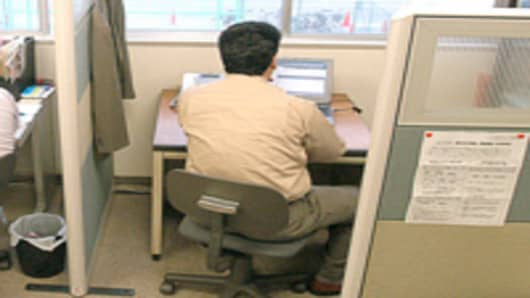A little bit of tangibility regarding exactly what we as a nation can expect to improve would be particularly helpful right about now.
We know “it's still going to feel like a very weak economy for some time because many people will still find that their job security and their employment status is not what they wish it was,” as Bernanke said. And we also know now that “unemployment will be slow to come down.” But what about the crime rates that have gone up in certain areas since the beginning of the recession? President Obama has even admitted that the recession is correlated with higher health care costs. Bernanke himself also confessed that credit will be tougher to obtain as well as we come out of the woods on the recession. There are a plethora of issues that remain unresolved. The American economy doesn’t exist in a bubble of strictly monetary-related concerns, and it’s important to keep that in mind. There are a lot of aspects to suddenly consider when the economy starts to tank.
Of course, what the Fed’s head says is more or less always significant, even in its intimations. Markets pay attention; investors pay attention. And for those sitting at the top of any organization, their words and actions will inevitably trigger an upshot of attention, positive or negative. When you’re the leader, what you say and how you say it matters. In this day and age—when what leaves your mouth can be Twittered to millions mere seconds later—choosing your words carefully is more important than ever before.
But leaders shouldn’t be afraid to be specific when they can, and they shouldn’t be afraid to bring hope if it’s warranted to do so. Those who are waiting for a reason to be optimistic sometimes need the excuse. And that goes for not only the way markets respond in kind to confidence from the Fed, but also the way that employees respond to encouraging news coming down from those sitting at the top of companies. Tone, as the classic business adage goes, truly is set at the top—even if it’s the top of the country. Knowing that there’s something to look forward to around the corner, however small, can help buoy expectations until life holds a few more guarantees.
And who knows, those who are still in hiding mode may even end up hearing enough of a positive message to ultimately realize the sky’s not really falling after all.
More Executive Strategies Including:
________________________________
Stephanie R. Myers is a staff writer for Vault.com. She possesses a bachelor’s of journalism from the University of Texas and resides in Brooklyn, New York.
Comments? Send them to executivecareers@cnbc.com



